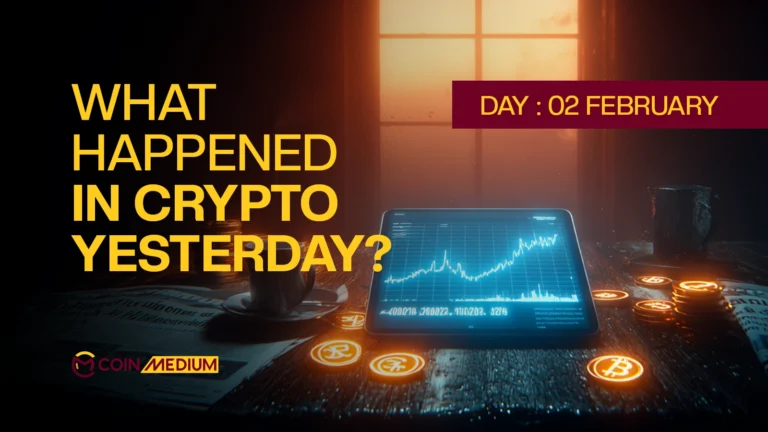Crypto lawyer John Deaton acknowledged the impact of the “XRP Army”s efforts in Ripple Labs’ legal victory against the U.S. Securities and Exchange Commission (SEC).
The high-profile lawsuit ended in August 2025 after both parties dropped their appeals.
This marked a significant win for the “XRP Army”; a passionate community of XRP tokenholders.
The SEC sued Ripple in 2020, alleging that the company sold XRP as an unregistered security.
In 2023 Judge Analisa Torres determined that only certain XRP transactions qualified as securities.
Deaton a perpetual advocate for XRP investors, emphasized the XRP Army’s influence.
“No credible person can argue the XRP Army didn’t make a difference. If they do, they’re either ignorant of the facts or intentionally lying”, he said.
XRP Army’s Grassroots Advocacy Shapes Legal Strategy
Deaton represented the interests of XRP holders who rallied the community to submit affidavits and testimonies.
Throughout the lawsuit, the XRP Army organized petitions, lobbied regulators and launched social media campaigns to support Ripple Labs.
Their grassroot efforts demonstrated that the lawsuit affected not just Ripple but thousands of individual investors.
Deborah McCrimmon, Ripple’s vice president and deputy general counsel, praised the XRP Army’s contributions on a recent episode of The Penta Podcast.
She noted that the community’s unpaid efforts were instrumental in supporting Ripple’s “fair notice” defense.
The defense argued that the SEC failed to provide clear regulatory guidance on cryptocurrency enforcement.
“The XRP Army mined speeches, talks, and statements from the SEC and government about blockchain, crypto, and XRP,” McCrimmon said.
“I could have paid lawyers thousands of dollars for that work, but they found it and shared it on Twitter, which was tremendously helpful.”
Court Decision Highlights XRP Army’s Impact
The XRP Army’s contributions extended beyond public advocacy.
Deaton revealed that over 2,000 exhibits were filed in the case, including an amicus brief and affidavits from XRP holders.
These documents were directly referenced by Judge Torres in her final ruling.
“She ruled XRP itself is not a security while citing XRP holder affidavits,” Deaton said.
“Had she not cited those, people could debate our impact. But the proof is in the decision itself.”
The Ripple case has been closely watched by the cryptocurrency industry, as it sets a precedent for how digital assets are classified under U.S. securities law.







